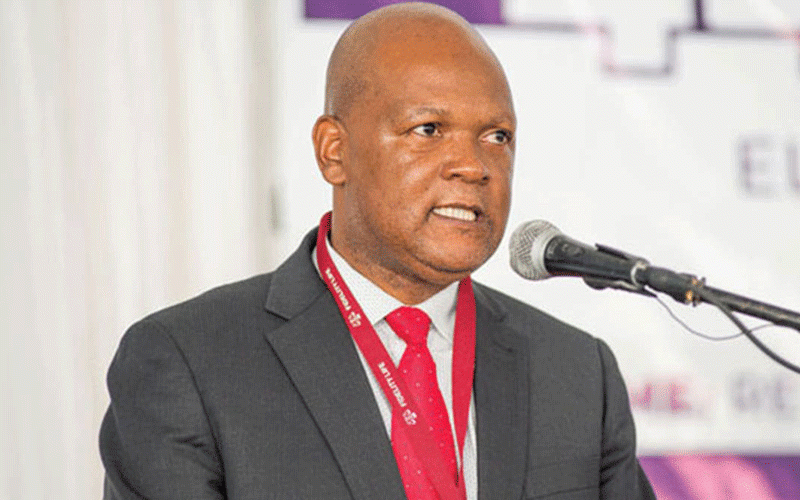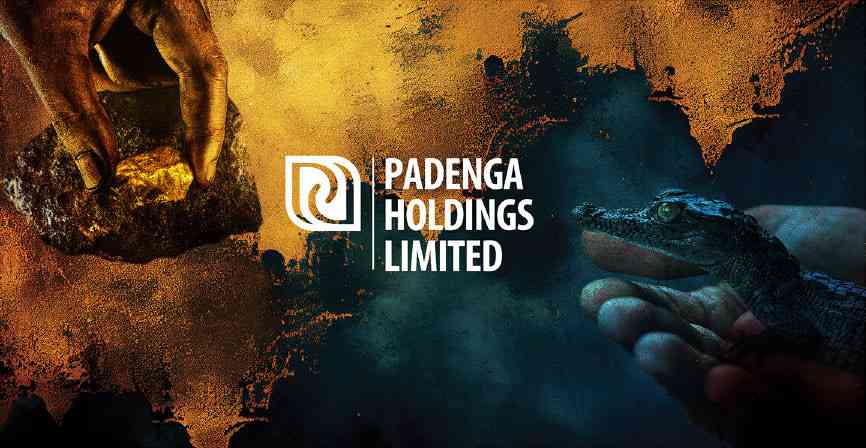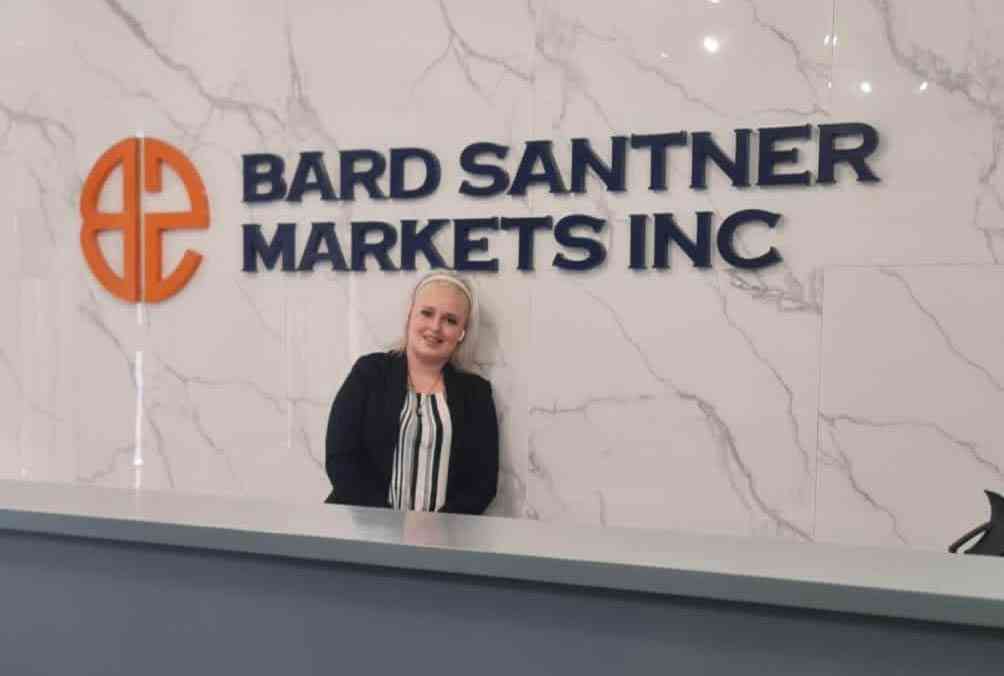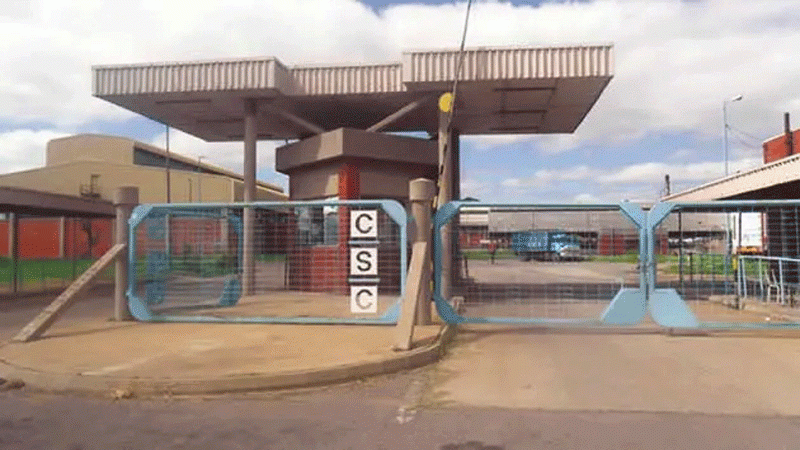
THE Victoria Falls Stock Exchange (VFEX) is targeting to close the year with at least 20 listings on its trading platform from the current 14. The listings are expected to come from initial public offerings (IPOs), real estate investment trusts (REITs), and exchange-traded funds (ETFs). VFEX chief executive officer Justin Bgoni (JB, pictured) told our senior business reporter Melody Chikono (MC) that the migration has stabilised and now they are expecting both exchanges to start growing. Below are the experts of the interview …
MC: What are your expectations for listings on the Zimbabwe Stock Exchange (ZSE) and the VFEX?
JB: On ZSE, our main targets are REITs listings. The challenge we are having on ZSE is that of taxation. Pension funds REITs are not liquid enough to pay for the VAT and claim it later on. So, that is stopping a lot of REITs listing from pension funds that should be coming from the market. So we are talking to the government which is now looking at these on a case by case basis. The two REITs that are coming are getting exemptions. We are hoping that the government can soon give us a general exemption. There is one that is coming to the market shortly and we expect another one to come again. We think there is a lot of listing that can happen on the pension fund REITs. So, we are expecting two REITs this year, with maybe three.
In terms of VFEX, we have a strong pipeline that is not migration. There are two or three Initial Public Offerings (IPOs) that are going to come to the market, some REITs and some Exchange-Traded Fund (ETFs). Our aim is to have 20 by the end of the year. It’s a stretch but we are comfortable with that, we will get there.
MC: You said you are expecting new listings that are not migrating. Can you explain further?
JB: We are expecting less on those that are migrating. We don’t think there is much more anymore coming, those that want to migrate. We believe that those that wanted to migrate have already made a decision and have migrated and those that are left on ZSE strategically have decided to stay. We are quite happy about that. What was important on the issue of migration was the issue of choice. We wanted our listed firms to have a choice of where to go. Our target now is to grow VFEX with new listings altogether and we expected two or three IPOs.
MC: Taxation, what are the issues around that?
The way the REIT works is that you transfer your assets into a trust. According to the current income tax rules, you have to pay value-added tax (VAT) on it and then you can claim that VAT later on. Unfortunately, for our pension funds they can't afford that 15% or so upfront because it's a lot of money. The reason why pension funds are coming to the market anyway is to look for money. Remember, a property can make hundreds and millions of dollars. So, 15% of that is a significant amount of money.
- Rampaging inflation hits Old Mutual . . . giant slips to $9 billion loss after tax
- Stop clinging to decaying state firms
- Piggy's Trading Investing Tips: De-risking mining projects
- Chance to buy 'undervalued' counters: FBC
Keep Reading
So, that is stopping a lot of them from coming to the market. The two that are coming now got exemption from the government but we think it shouldn't be a case by case basis but a broad exemption.
MC: What is the latest update on the Old Mutual and PPC suspension on the ZSE?
We are working closely with the government, market participants, securities commission and Old Mutual itself in particular to resolve this. It is a complex issue and it involves a lot of parties and there is a background story around it on currency stability and that is why it is a difficult issue-. It's a tricky one. We know that Old Mutual would like to come back on ZSE. They are not necessarily keen on VFEX (Victoria Falls Stock Exchange) now and we know that the government is not keen because of where the country is at the moment for them to come back on ZSE. It is a difficult one but we hope to find solutions. Every time we think we are getting there we realise we are not there.
MC: Do we have any timelines?
JB: We can't have any timelines especially now as we go towards elections, it will be a wrong time for the government to allow anything that they think will bring instability. The sticking issue has been the implied rate that Old Mutual used and the government did not want it on the exchange because they thought it was driving instability of the currency. So, if it was driving instability where at the moment the currency is getting stable (but it wasn't for the past two - three months) I don't think they would want to bring the instability. The timing would be wrong especially considering the time the country is at right now where we are heading for elections.
MC: How has currency volatilities impacted ZSE?
JB: What we are finding at the moment is that, because of currency volatilities, the government has reduced the liquidity of the Zimbabwean dollar. Because of this, the market turnover on our market in real terms has gone down and also, we believe this has affected valuation for companies on the market because if there is no liquidity, it turns to lower valuations.
You must remember turnover is very important for market participants, especially the brokers and all of us as well, the exchange, the regulator, we all make money based on the turnover on the exchange. So, then there is low liquidity on the market, it affects all of us. It’s not a good thing for us. We are hoping that liquidity comes back into the market, but the way things are at the moment it’s tough.
MC: If things persist like this, what would be the long-term impact on the ZSE?
JB: We think that things will improve. We don’t think the liquidity constraint will continue the way it is. Government is doing all it can to ensure that the Zimbabwe dollar stays as a currency in the country. If stability comes, there will be more liquidity.
MC: What’s your comment on the performance of your securities depository since its launch?
JB: Considering when we started the depository, two to three years ago, I think we have done well. We have managed to clear and settle correctly and there have been no failed trades. There are two cases at the moment. We think that once these are resolved, we will be able to attract more issuers. If you look at VFEX, it is growing and has more counters now. So, I think we are more comfortable where we are and as we launch new products as well, our depository is going to grow. So, I think we are conformable when we are given the circumstances.
So, there is the Chengetedzai case and we also have another case where some investors there need to have permission for their share to move from one depository to the other and we are arguing that is not the way and we believe we have a strong case because there is nowhere that happens. The company decides which depository they want to use, otherwise there will be chaos and confusion. I won’t say much since it’s before the courts.
MC: Can you shed more light on the mineral commodities exchange?
JB: Next week (last week), we will be in Bulawayo working with the Ministry of Mines, Attorney General, Ministry of Finance, and the Minerals and Marketing Corporation of Zimbabwe to develop the legislation around it.
So, we are very close to finalising it after which we can launch it. I believe it’s a very good thing for the country. It allows transparency which is important for our minerals. It allows better price discovery especially for small scale miners; they will be able to get better prices. It makes it easier for miners, especially small-scale miners to attract finance.so once the rules are done we should be able to launch it. The Ministry of Mines said in January next year, we should be able to have lunch; I think it’s a good target.
MC: How will the platform work and will it be open to the public?
JB: It will be open to the public. If you want to buy any mineral, you should be able to. As I said, we are finalising the legislation but our thinking at the moment is that it can work closer to the exchange. You can go to a broker to buy your commodities. And there will also be a platform where instead of going through the broker you can come directly.
So, depending on how sophisticated you are, you can either use a broker or come direct but we are trying to make it as convenient as possible and as cheap as possible especially for the small-scale miners.
But we are also aware that they need advice. This is where we need brokers so that they can get the best advice and the best way to do it. It also includes derivatives as well as where you can buy and sell into the future. That is a product that is difficult to understand and that will definitely need a broker.
MC: How many minerals will be listed on the exchange and which currency will it use?
JB: I think it will be traded on the VFEX and it will be exclusively United States dollar from the outset. Remember, we want international buyers to come in and a lot of the minerals are exported. So, it will be the United States dollar. Our thinking at the moment is to start with chrome and move to other base minerals.










